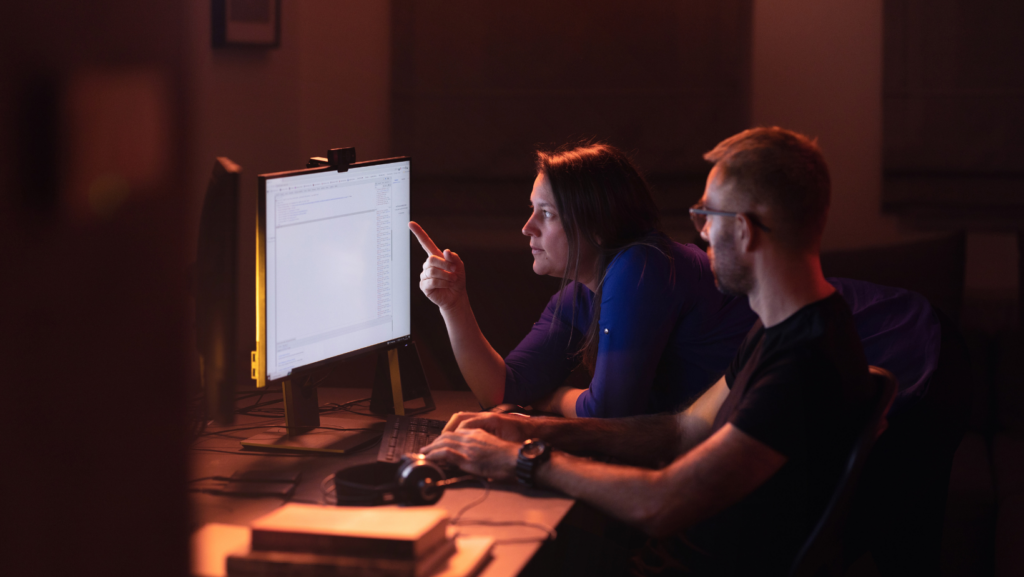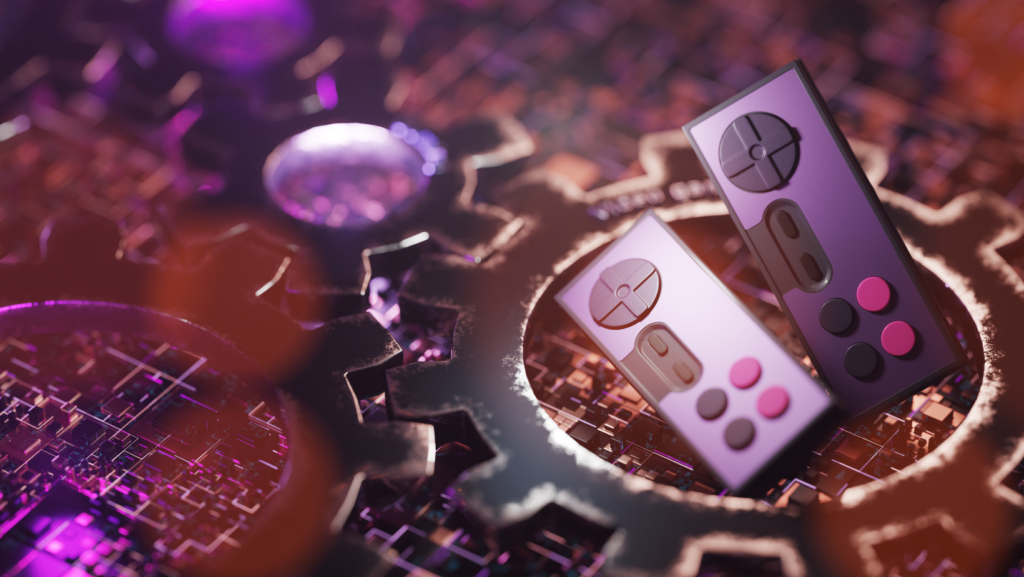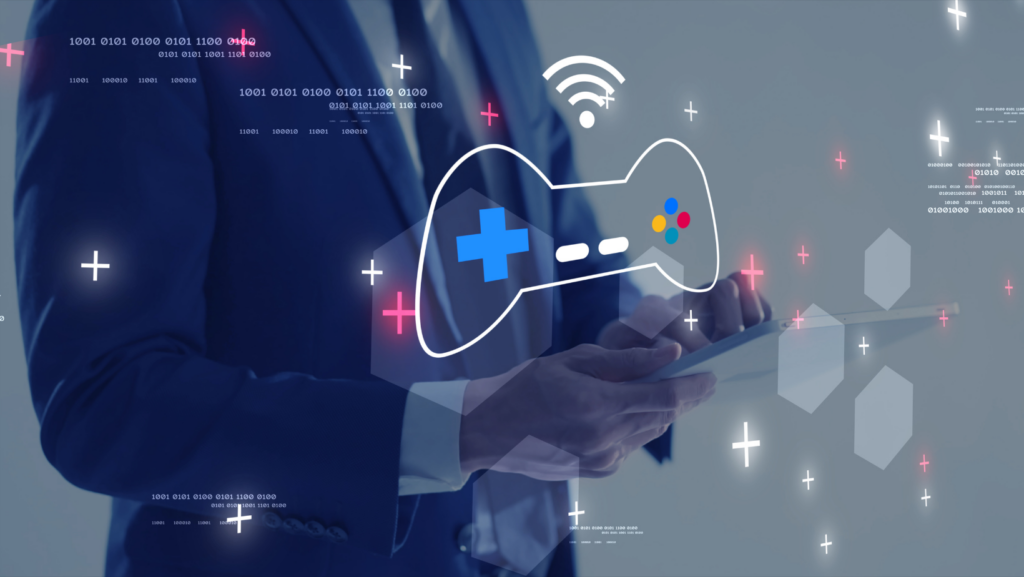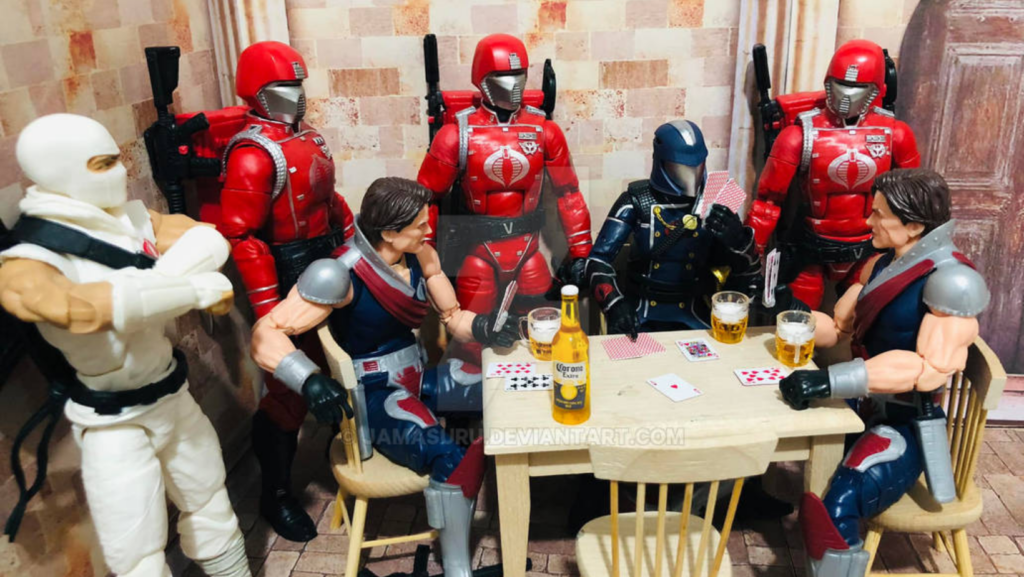In the exciting world of gaming, a new frontier is emerging: blockchain game development. This innovative approach is reshaping the industry, offering a unique blend of entertainment and digital asset ownership.
Blockchain technology, known for its decentralization and security, is now being harnessed to create games that are not just entertaining, but also profitable for players. Imagine owning a rare in-game item that you can sell or trade freely, thanks to blockchain!
Blockchain Game Development

In essence, blockchain game development is a fusion of gaming and blockchain technology. Let’s delve into the specifics under the following subheadings.
Blockchain, essentially a communal ledger, records digital transactions. Its open-source nature enhances transparency and eliminates intermediaries. It’s the technology behind cryptocurrencies, like Bitcoin, but its usage stretches beyond that scope.
How It Differs From Traditional Game Development
Unlike traditional game development, blockchain game development introduces digital asset ownership. With its decentralized and secure features, blockchain lets players own in-game items genuinely, shifting from the usual consumption-focused paradigm. This technology empowers gamers, offering them unprecedented freedom in-game item trading.
Key Components of Blockchain Games
Cryptocurrencies and NFTs
In blockchain games, cryptocurrencies work as in-game currency, like Ethereum and Binance Coin. Besides, non-fungible tokens (NFTs), unique digital assets secured on the blockchain, represent in-game items. For instance, in CryptoKitties, each digital cat is an NFT.
Smart Contracts and Decentralized Assets
Smart contracts automate the execution of in-game functions. These self-executing contracts contain the rules for how game participants can buy, sell, or exchange decentralized assets. Decentralized assets, ownership tracked on the blockchain, give players true possession of in-game items like weapons or skins.
Benefits of Blockchain in Gaming

Harnessing the power of blockchain technology, the gaming industry can achieve significant strides. It presents numerous advantages, particularly in terms of security, ownership, and monetization opportunities.
Blockchain technology strengthens game security as it’s resistant to data alteration. This feature guarantees gamers achieve genuine ownership of their in-game assets, with every transaction or asset transfer transparently recorded on the blockchain ledger.
New Monetization Models for Developers
Blockchain creates revolutionary revenue models for game developers. Instead of traditional revenue streams like advertising and game sales, developers on blockchain platforms can profit from tokenization of in-game assets, incentivizing player engagement.
Challenges in Blockchain Game Development
Scalability Issues
Blockchain-centric games face hurdles in terms of scalability. Traditional games handle millions of transactions per second, but blockchain’s current infrastructure accommodates fewer transactions, causing slower performance.
Regulatory and Legal Hurdles
Dealing with blockchain and cryptocurrencies introduces distinct legal and regulatory challenges. Countries have divergent laws concerning cryptocurrency use, hindering blockchain game development.
Future Trends in Blockchain Game Development
Integration With Virtual Reality

The fusion of Blockchain and Virtual Reality (VR) in game development arises as a trend. By sporting Virtual Reality features, blockchain games such as Decentraland facilitate immersive gameplay experiences. The blend of VR and blockchain also enables efficient tracking and verification of in-game assets, lending a new level of authenticity to the virtual world.
The rise of gaming metaverses, vast virtual worlds creating their own online societies, adds another dimension to blockchain gaming. Metaverses like the Sandbox employ the blockchain for securing player ownership of unique, nonfungible items and virtual land. The blockchain’s decentralization plays a pivotal role in metaverse economies, providing increased transparency and peer-to-peer trading options.
Provision of Digital Ownership
Blockchain’s integration into game development has opened up a world of possibilities. With its ability to provide digital asset ownership and decentralized trading, it’s transforming how gamers interact within virtual worlds. However, it’s not without its challenges, including scalability and regulatory hurdles. As we look to the future, the convergence of blockchain with VR and the rise of gaming metaverses are set to redefine immersive gaming experiences. Games like Decentraland and the Sandbox are leading this revolution, demonstrating the power of blockchain in securing player ownership of unique assets and virtual land.



